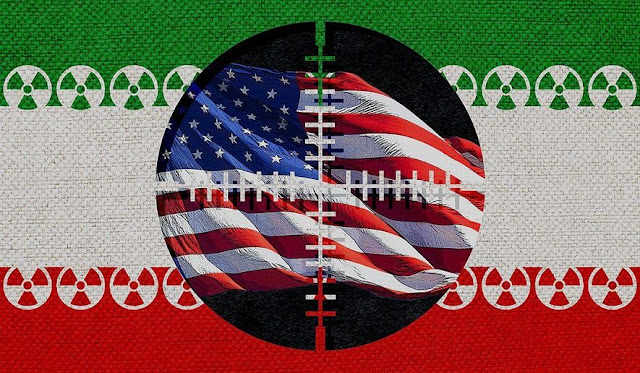It’s hard to believe, and much less to ‘certify’ that Iran is living up to its sworn obligations
That was never done. The Senate’s duty to object to that failure, thereby killing the deal, was ignored.
Because of the Senate’s failure we don’t know what the so-called agreement actually provides. For almost two years it has been entirely clear that secret side agreements were made with Iran that the U.S. wasn’t allowed to see. At least one of them provides that Iran can self-inspect the Parchin nuclear site which is believed to be the center of the Iranian nuclear weapons program. (Unsurprisingly, the self-inspections tell the IAEA that all is just peachy at Parchin.)
In August 2015, Secretary of State John Kerry said that he hadn’t seen the side deal. His “negotiating deputy,” Wendy Sherman, said she’d seen a few pieces of paper but wasn’t allowed to keep them.
The most conclusive evidence of our ignorance was also published in 2015. Mr. Yukiya Amano, the director general of the International Atomic Energy Agency, the UN’s purblind nuclear “watchdog,” told members of congress that he was bound by secrecy and couldn’t divulge the agreement (agreements?) to them. We don’t even know what other side deals are being concealed from us.
In a 2015 interview Mr. Trump made clear that he wanted to renegotiate the deal, not cancel it. He said, “We have a horrible contract, but we do have a contract.” He added that he “loves” to buy bad contracts and make them good. Attorney General Sessions should tell the president that because we’ve never seen the secret side deal there is no “contract” between us and Iran. We’re not bound to any contract parts of which we’ve never seen.
Mr. Trump can’t renegotiate the deal because Iran — and the deal’s other signatories, Britain, France, China, Russia and Germany — refuse to do so. Because there are no inspections of Parchin, any certification that Iran is complying with its obligations under the agreement is purely fictitious. We cannot believe, far less can certify, that Iran is living up to its obligations under Mr. Obama’s deal.
Mr. Trump’s choices are limited to either revoking the deal or living with it. So far, he has chosen the latter course. He must know that is as untenable a choice as living under the threat of North Korea’s nuclear weapons.
Our national security requires the president to establish policy goals for Afghanistan, Iran, North Korea and for whichever other conflicts — cold or hot — threaten our nation’s vital interests. At this point, no such policies have been forthcoming from the president.
Mr. Trump has never established a goal for Afghanistan. Defense Secretary Mattis, who is drafting the Afghanistan strategy, said earlier that it would be ready in mid-July and more recently that it isn’t yet. Is the policy for Iran to live with its nascent nuclear threat? What does the end of “strategic patience” mean for our policy toward North Korea?
The president has made it clear that he won’t telegraph our strategies or tactics to the enemy, which is entirely correct. But the American people, and our allies, need to know enough about our policy goals to make the political decision to support them.
The longer the president waits, and the more political defeats he suffers, the more difficult it will be to convince them.
Mr. Obama was severely criticized, and rightly so, for his six-month delay in deciding a mini-surge of troops for Afghanistan. His belated announcement, which included a date-certain on which the troops would be withdrawn, was self-defeating.

Comments
Post a Comment